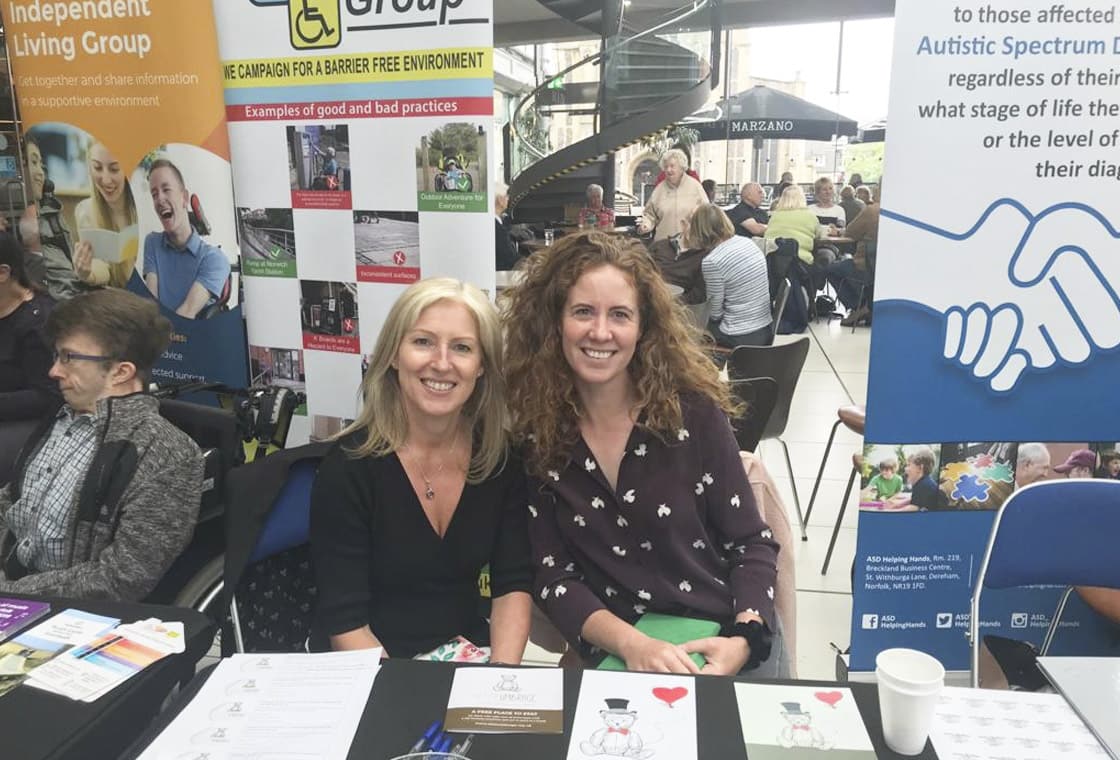Welcome to our guest blog by Rosie Buckley. Rosie is a creative copywriter with a flare and focus on being a health advocate. When she’s not out and about chasing her dog, you can find her typing away her next angle at her desk. Here she explains why respite breaks are what families need.
It can be incredibly easy for families to get lost under the weight of modern pressures, meaning the cracks in relationships and bonds go unnoticed and untreated. Stress can also build up when people are responsible for caring for a loved one, as the weight of the responsibility can often leave carers incredibly drained and lacking some time to recover. The idea of a respite holiday may seem complex but putting time aside to reset and recharge can work wonders. Setting time aside to spend with family and loved ones also allows parents and caregivers to take a break from their regular schedules, practice self-care, and return with renewed energy to handle daily life challenges.
What is a respite holiday?
A respite holiday is intentionally crafted for carers to have a well-earned break from their day-to-day lives, in order to relieve some of the pressure their lives hold. Taking a step away from being a carer to be cared for by someone else enables individuals to recharge and relieve the emotional and mental tolls of what they do. On these holidays, people can spend this time how they wish to restore their natural energy and focus on themselves entirely.
Benefits For Families
The benefits of respite breaks are explored for different family members:
Reduced Stress
One of the most meaningful advantages of respite breaks is the reduction of stress for all family members. Stepping away from the demands of daily life allows individuals to unwind and release accumulated tension. Caregivers can take a break from their regular schedules, practice self-care, and return with renewed energy to handle daily life challenges.

Encouraging more family bonding
Spending quality time as a family will strengthen relationships with one another and senior family members can cherish quality time with their loved ones, building intergenerational bonds and creating lasting memories. Children can enjoy new experiences and activities tailored to their unique requirements in inclusive and accommodating settings. Whatever you decide on (activities, games or simply catching up) it’ll help have deeper connections with everyone, which will hopefully be reflected outside of respite.

Improved Mental Health
If the everyday routine isn’t intercepted with breaks every now and then, the cycle of stress will cease to stop. Prioritising someone else’s wellbeing can be massively detrimental to one’s own. S0 ensuring you’re taking the time to listen to your own needs is paramount in not risking your mental health.

Boosted Creativity and Productivity
Stepping away from routine allows individuals to recharge their minds, leading to increased creativity and improved productivity once they return to their daily responsibilities. Parents can find new perspectives on work challenges, while children can return to school with renewed focus.

Physical Wellbeing
Respite breaks often involve activities that promote physical wellness, such as outdoor adventures, sports, and relaxation exercises. These activities contribute to better physical health, which is essential for the overall vitality of the family.

Strengthened Support Networks
Respite breaks can also involve spending time with extended family, friends, or community members. This strengthens the support network around the family, providing a sense of belonging and assistance when needed.

How Do Respite Breaks Get Funded
It’s incredibly important to promote the use of respite care to carers. Interestingly, as from 2015/16 to 2021/22, there was a 42 percent decline in the use of respite care. The number of individuals benefiting from such services decreased from 57,000 to 33,000.
There are so many resources to take advantage of if you’re struggling to find the funding for respite care. Your local authority may be able to help you, however, there’s an array of charities that are available to help.
Allowing yourself time away for your family or just you can do the worlds of good in restoring mental health, and energy, and alleviating stress from your lifestyle. Being a carer can come with a personal cost so always know where your limits lie and allow yourself a moment to breathe.







